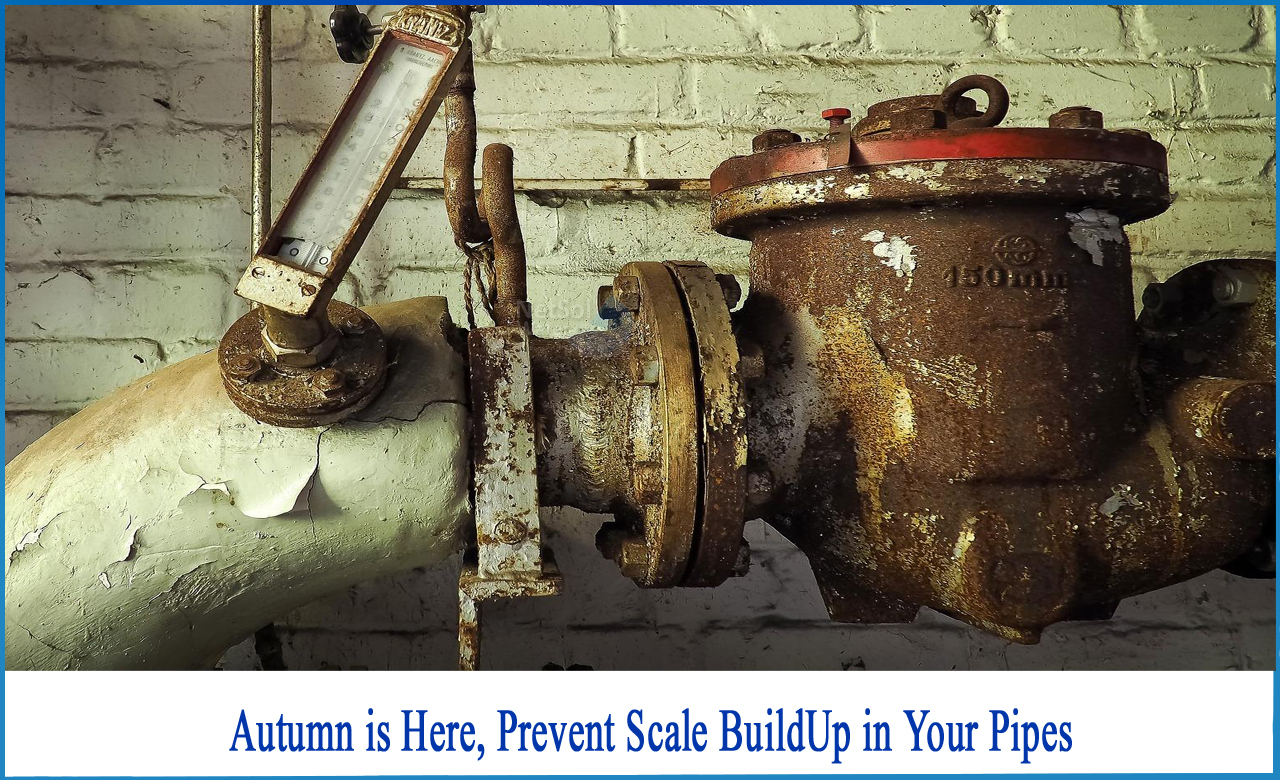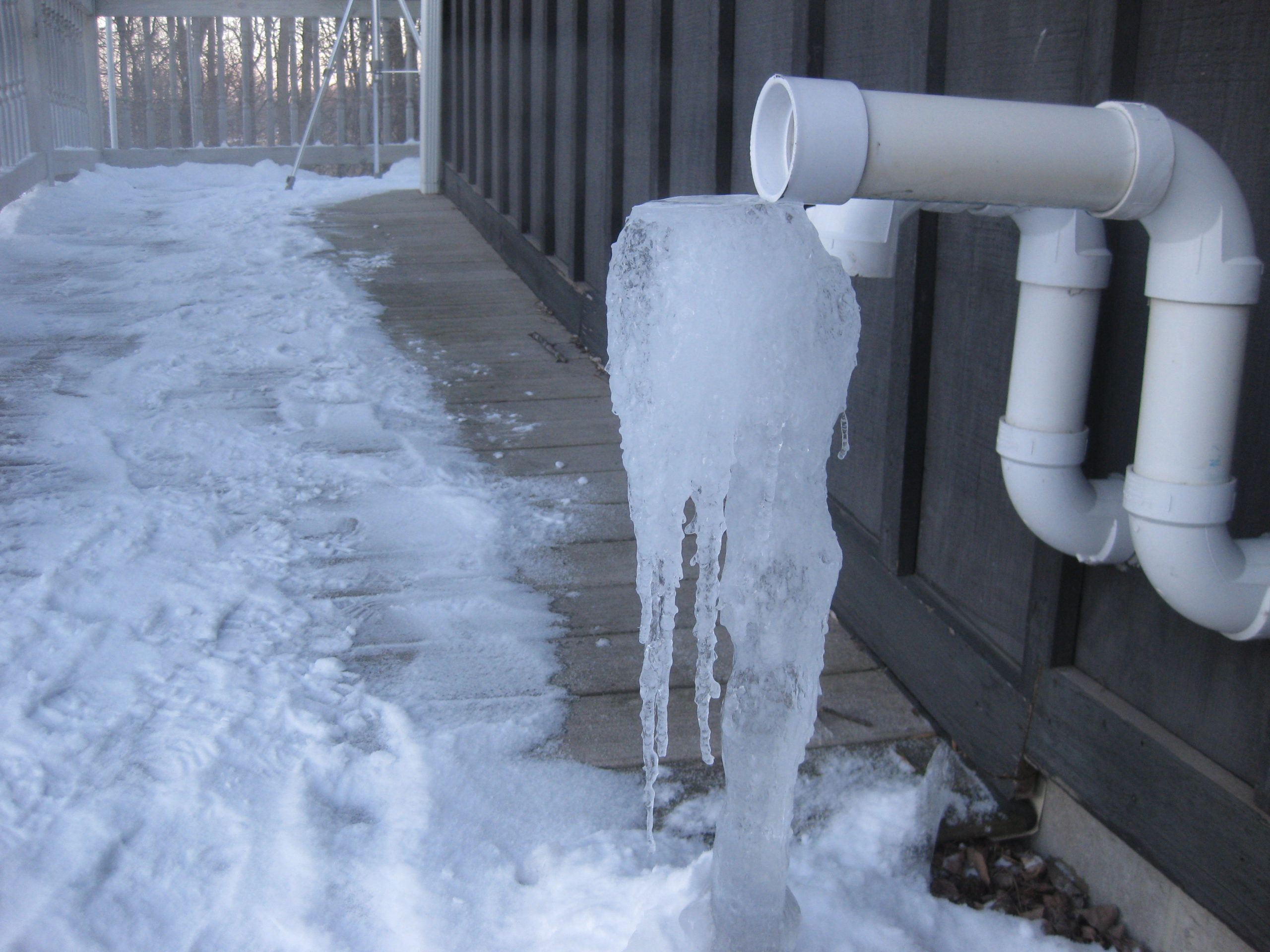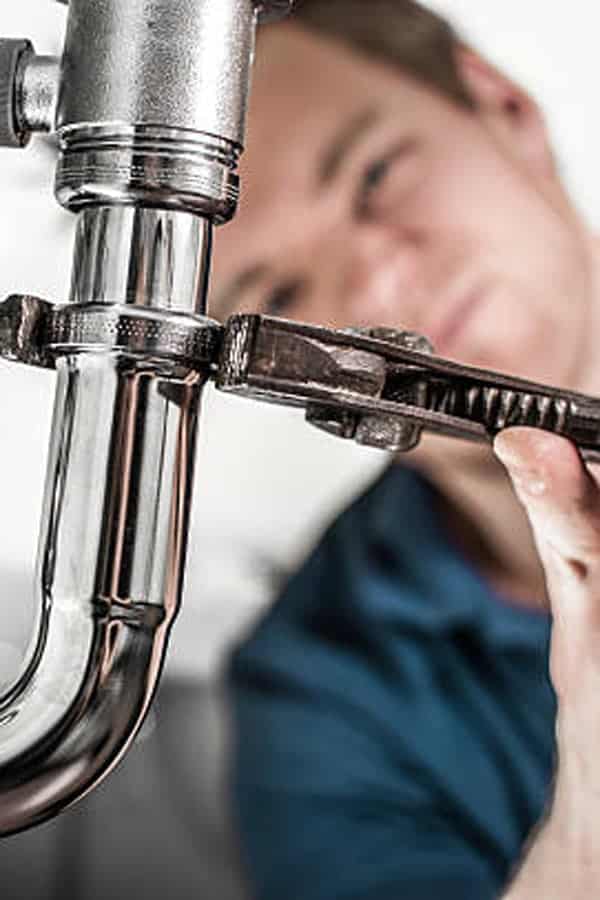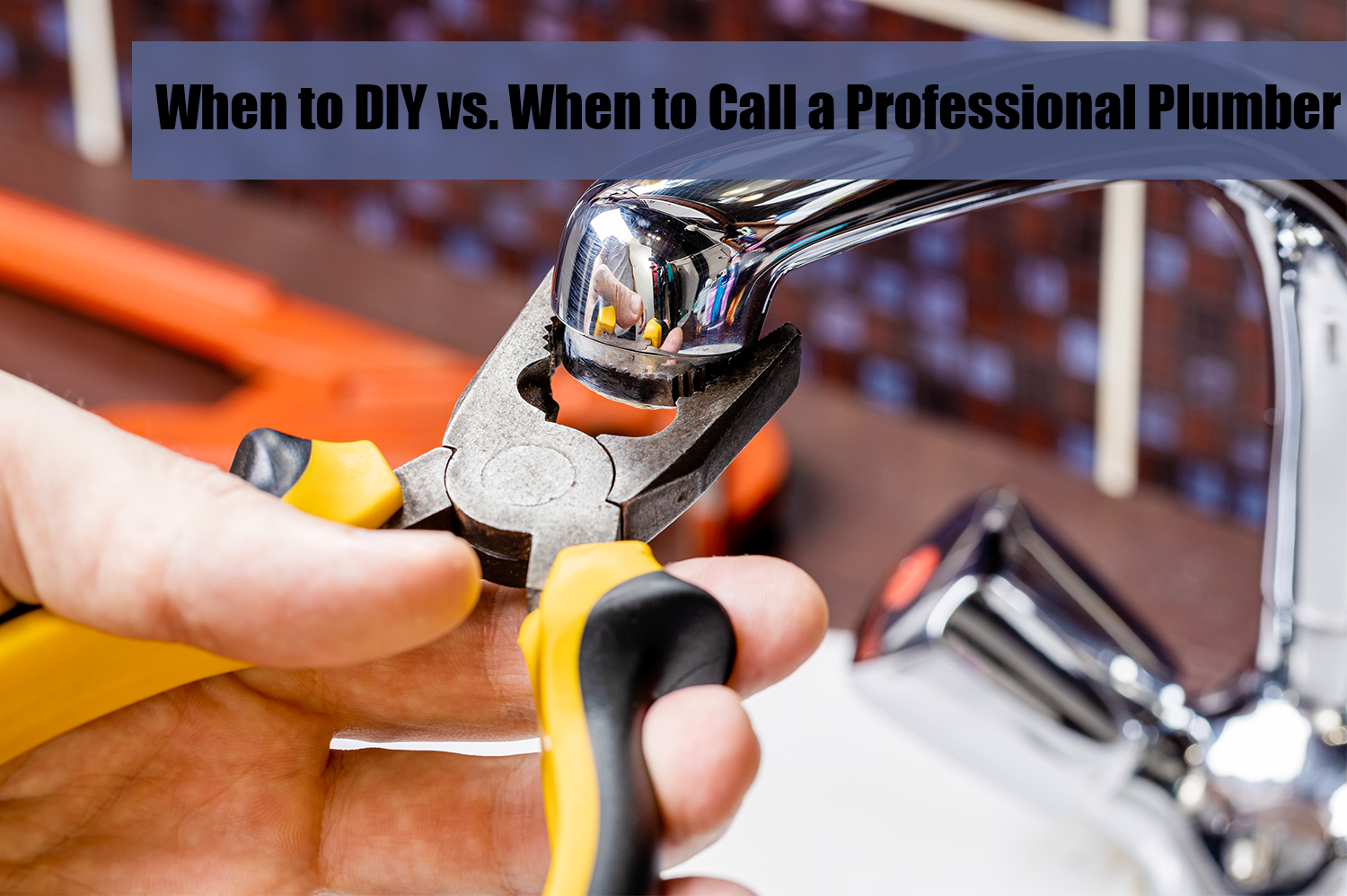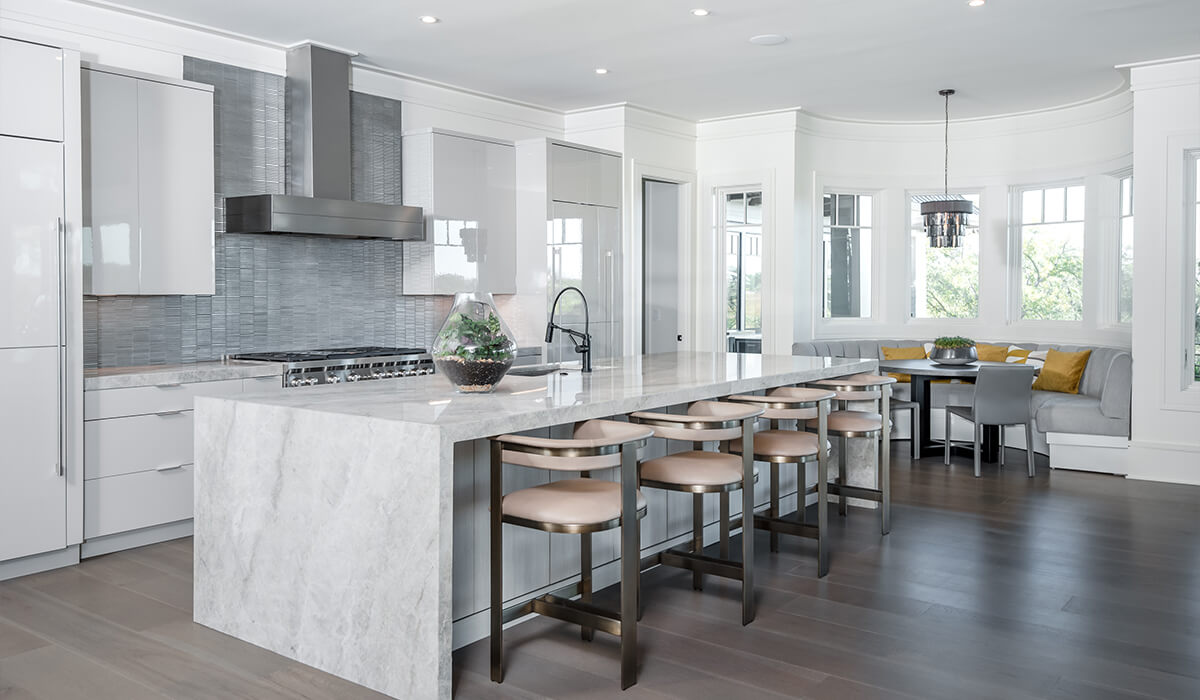If you notice that the hot water pressure in your kitchen sink has suddenly become low, the first thing you should do is check the water supply valve. This valve controls the flow of water into your home and could potentially be the cause of your low water pressure. Make sure that the valve is completely open to allow for maximum water flow. If it is partially closed, this could be the reason for your low pressure. Simply turn the valve counterclockwise to fully open it and see if this solves the issue.Check the water supply valve
The aerator is a small device located at the end of your faucet that helps to control the flow of water and prevent splashing. Over time, it can become clogged with debris and mineral buildup, which can greatly affect the water pressure. To check the aerator, unscrew it from the faucet and clean it thoroughly with a brush and vinegar. Then, reattach it and see if this improves the hot water pressure in your kitchen sink.Check the aerator
The water pressure regulator is another important component that can affect the water pressure in your home. It is usually located near the main water supply valve and controls the overall water pressure coming into your home. If this regulator is faulty or set too low, it could be the reason for your low hot water pressure. You may need to adjust or replace the regulator to restore proper water pressure in your kitchen sink.Check the water pressure regulator
Clogs in your pipes can greatly affect the water pressure in your kitchen sink. Over time, debris and mineral buildup can accumulate and create blockages in your pipes, hindering the flow of water. You can try using a plunger or a drain snake to clear out any clogs that may be causing low hot water pressure. If the problem persists, you may need to call a professional plumber to inspect and clean out your pipes.Check for clogs in the pipes
If you have a tankless hot water heater, it is possible that it may not be able to keep up with the demand for hot water, resulting in low pressure. This can happen if the heater is too small for your household's needs or if it is not functioning properly. If you have a traditional hot water heater with a tank, it is possible that the tank may be filled with sediment, reducing the amount of hot water available. In either case, you may need to upgrade your hot water heater or have it serviced to improve the hot water pressure in your kitchen sink.Check the hot water heater
Leaks in your pipes can also contribute to low hot water pressure. Even small leaks can cause a decrease in pressure, as they reduce the amount of water available for use. Check for any visible leaks in your pipes and have them repaired immediately. You can also try using a leak detection kit to identify any hidden leaks that may be affecting your hot water pressure.Check for leaks in the pipes
If you are experiencing low hot water pressure in your kitchen sink, it is important to check the water pressure in other faucets throughout your home. If the pressure is low in all faucets, the issue may lie with your main water supply. However, if the pressure is only low in your kitchen sink, it is likely a localized problem that can be addressed with the steps mentioned above.Check the water pressure in other faucets
Sediment buildup in your pipes can also contribute to low hot water pressure. Over time, minerals and debris can accumulate and create blockages, hindering the flow of water. If you have older pipes, this is a common problem that can be solved by having them professionally cleaned or replaced. This will not only improve your hot water pressure but also extend the lifespan of your pipes.Check for sediment buildup in the pipes
The hot water supply line that leads to your kitchen sink may be the cause of your low pressure. Check to see if the line is kinked or damaged in any way. If it is, this can restrict the flow of hot water and result in low pressure. You may need to replace the supply line to restore proper water pressure in your kitchen sink.Check the hot water supply line
If you have tried all of the above steps and your hot water pressure is still low, it may be time to call a professional plumber for assistance. They will have the expertise and equipment to properly diagnose and solve the issue, ensuring that you have adequate hot water pressure in your kitchen sink. It is important to address low water pressure as soon as possible to avoid any potential damage to your plumbing system.Call a plumber for professional assistance
Possible Causes of Low Hot Water Pressure in Kitchen Sink

1. Clogged Pipes
 One of the most common reasons for low hot water pressure in the kitchen sink is clogged pipes. Over time, mineral deposits, debris, and grease can build up in the pipes, restricting the flow of water. This can result in a decrease in water pressure and even cause blockages, leading to further issues.
Cleaning and unclogging the pipes
can help restore the hot water pressure in your kitchen sink.
One of the most common reasons for low hot water pressure in the kitchen sink is clogged pipes. Over time, mineral deposits, debris, and grease can build up in the pipes, restricting the flow of water. This can result in a decrease in water pressure and even cause blockages, leading to further issues.
Cleaning and unclogging the pipes
can help restore the hot water pressure in your kitchen sink.
2. Faulty Faucet
 Another potential cause of low hot water pressure is a faulty faucet. If the faucet is old or has loose parts, it can result in a decrease in water pressure. Additionally, sediment or debris can collect in the faucet aerator, causing a blockage and reducing the flow of water.
Replacing the faucet or cleaning the aerator
can help improve the hot water pressure in your kitchen sink.
Another potential cause of low hot water pressure is a faulty faucet. If the faucet is old or has loose parts, it can result in a decrease in water pressure. Additionally, sediment or debris can collect in the faucet aerator, causing a blockage and reducing the flow of water.
Replacing the faucet or cleaning the aerator
can help improve the hot water pressure in your kitchen sink.
3. Water Heater Issues
 If the hot water pressure in your kitchen sink is consistently low, it could be a sign of larger issues with your water heater. Sediment buildup, a faulty heating element, or a malfunctioning pressure relief valve can all cause low hot water pressure. It is important to
have a professional plumber inspect and repair
any issues with your water heater to restore proper hot water pressure in your kitchen sink.
If the hot water pressure in your kitchen sink is consistently low, it could be a sign of larger issues with your water heater. Sediment buildup, a faulty heating element, or a malfunctioning pressure relief valve can all cause low hot water pressure. It is important to
have a professional plumber inspect and repair
any issues with your water heater to restore proper hot water pressure in your kitchen sink.
4. Water Pressure Regulator
 A malfunctioning water pressure regulator can also be the culprit of low hot water pressure in your kitchen sink. This device regulates the water pressure coming into your home and can become faulty over time.
Replacing the water pressure regulator
can help restore the proper hot water pressure in your kitchen sink.
A malfunctioning water pressure regulator can also be the culprit of low hot water pressure in your kitchen sink. This device regulates the water pressure coming into your home and can become faulty over time.
Replacing the water pressure regulator
can help restore the proper hot water pressure in your kitchen sink.
5. Plumbing System Design
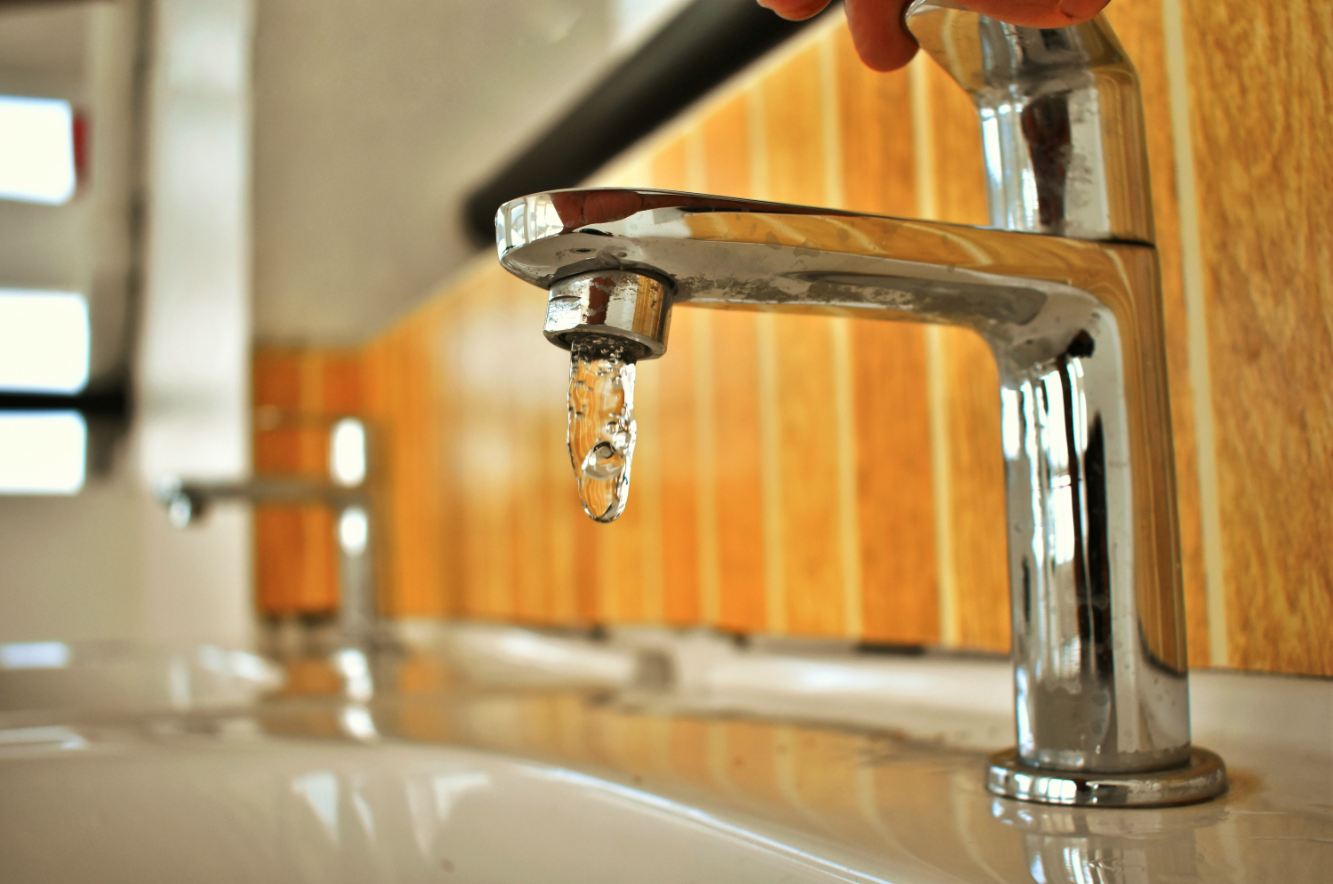 In some cases, the design of your plumbing system can also affect the hot water pressure in your kitchen sink. If the pipes are too small or the layout is not efficient, it can result in low water pressure. In this case,
consulting with a professional plumber
to redesign or make improvements to your plumbing system can help increase the hot water pressure in your kitchen sink.
In conclusion, there are various reasons why you may be experiencing low hot water pressure in your kitchen sink. By identifying and addressing the root cause, you can restore proper water pressure and improve the functionality of your kitchen. Remember to
regularly maintain and inspect
your plumbing system to prevent future issues with hot water pressure.
In some cases, the design of your plumbing system can also affect the hot water pressure in your kitchen sink. If the pipes are too small or the layout is not efficient, it can result in low water pressure. In this case,
consulting with a professional plumber
to redesign or make improvements to your plumbing system can help increase the hot water pressure in your kitchen sink.
In conclusion, there are various reasons why you may be experiencing low hot water pressure in your kitchen sink. By identifying and addressing the root cause, you can restore proper water pressure and improve the functionality of your kitchen. Remember to
regularly maintain and inspect
your plumbing system to prevent future issues with hot water pressure.
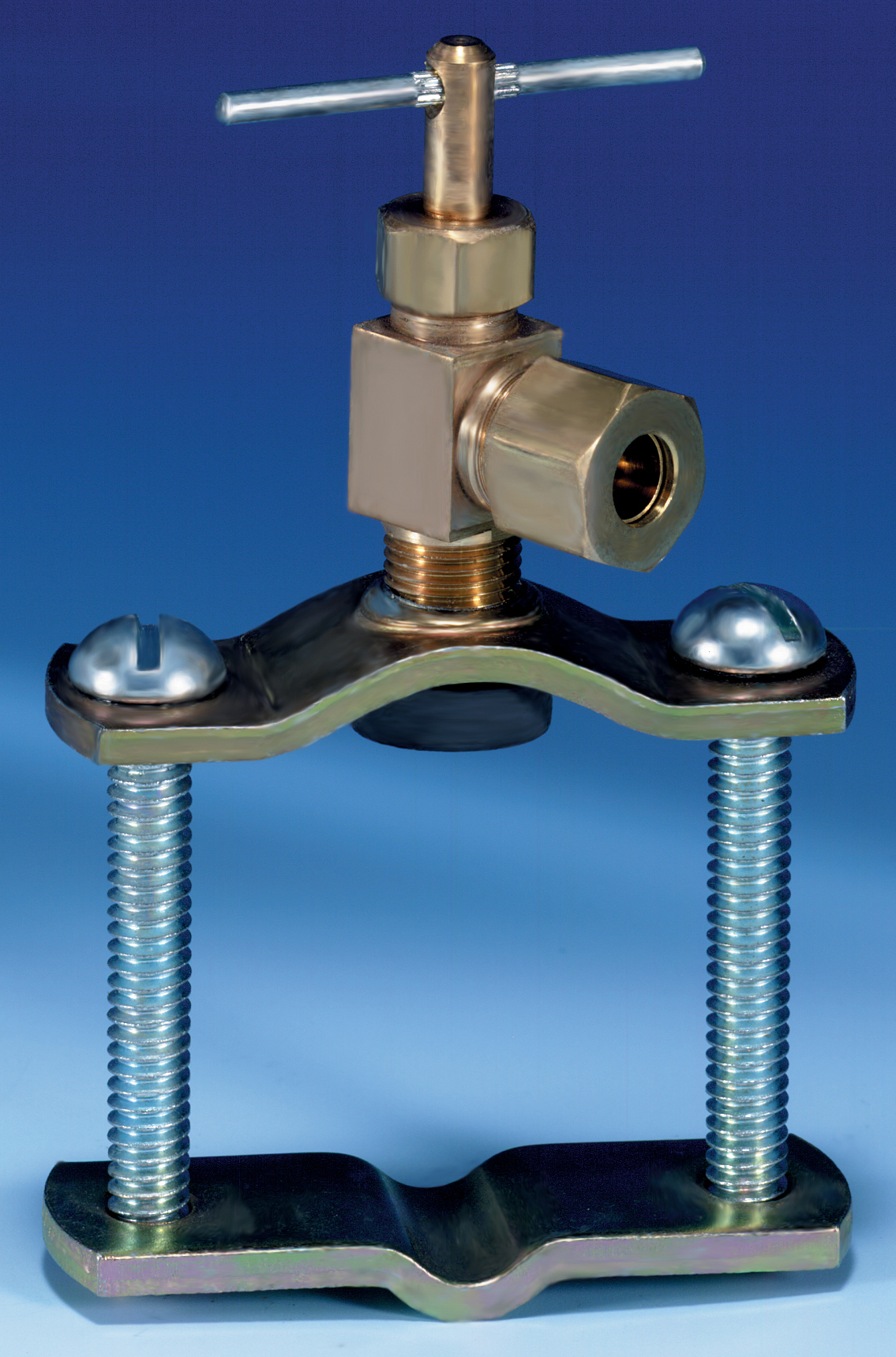






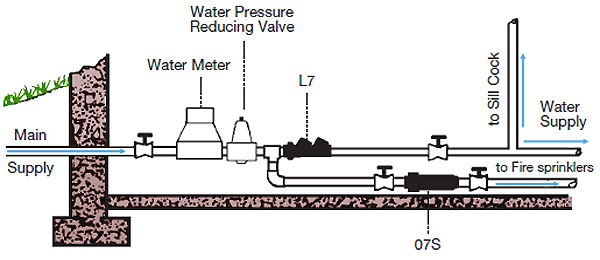
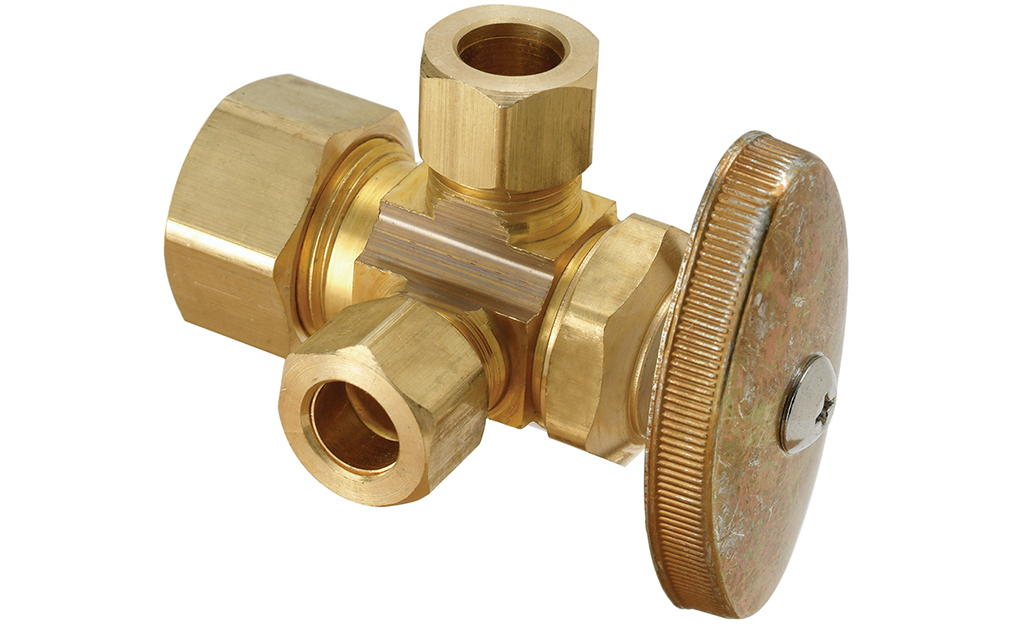


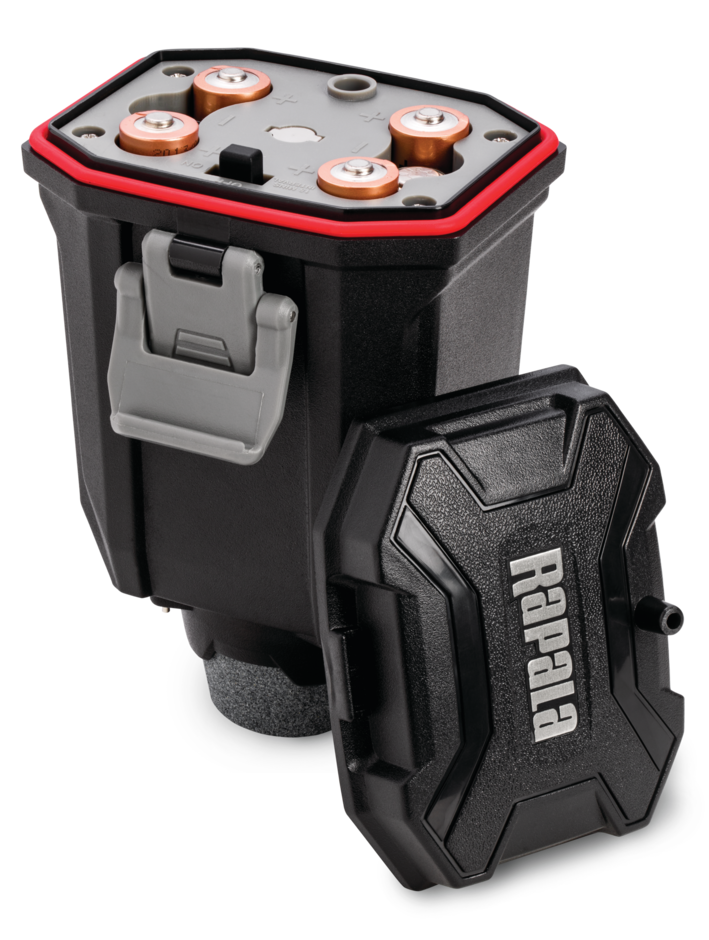
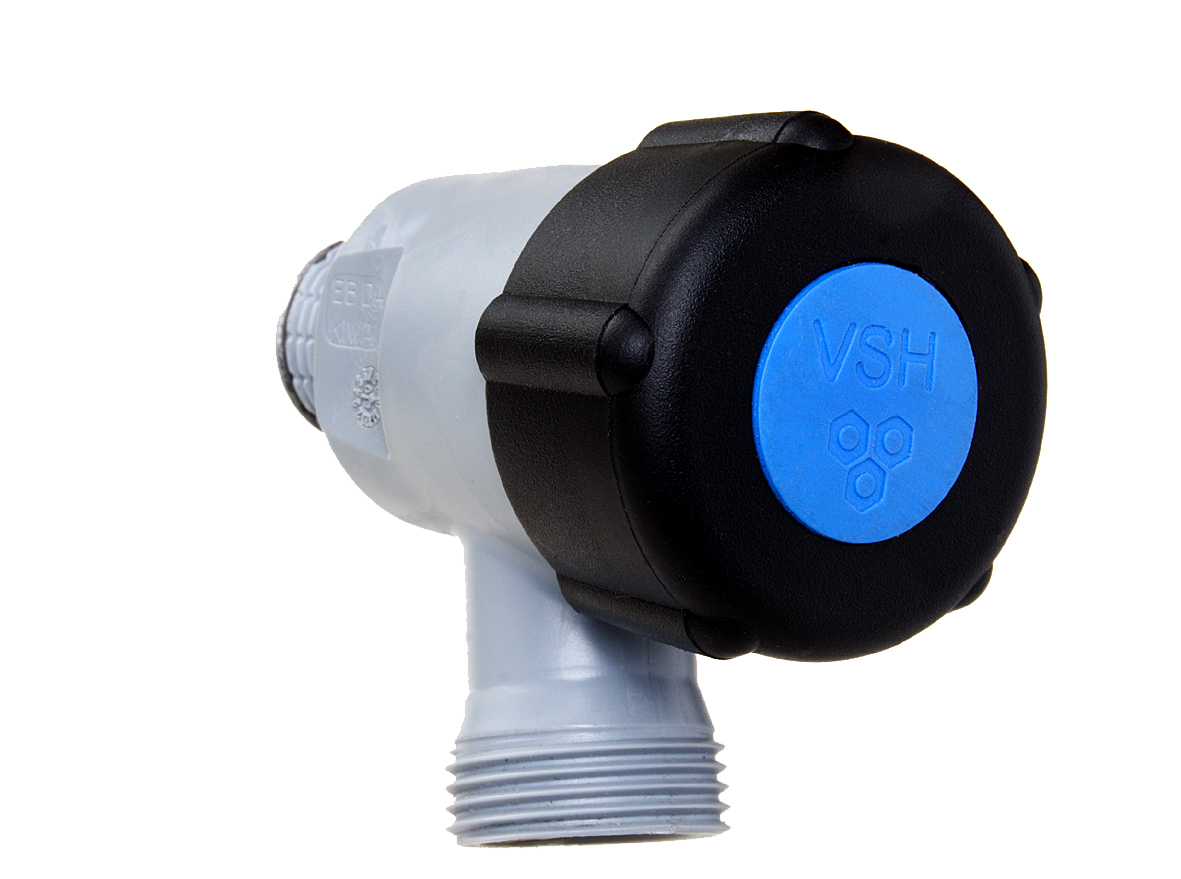






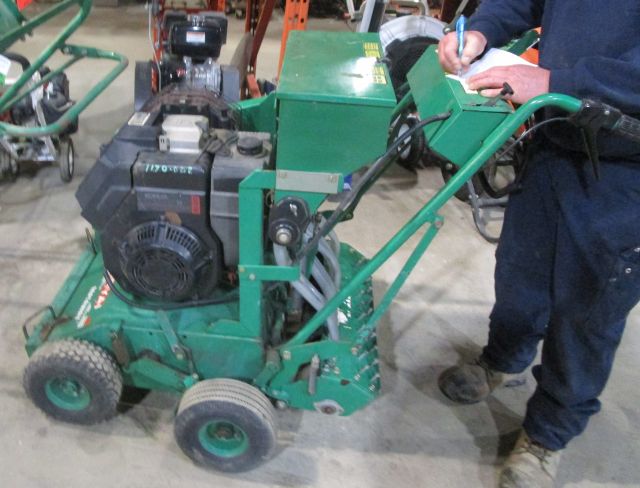
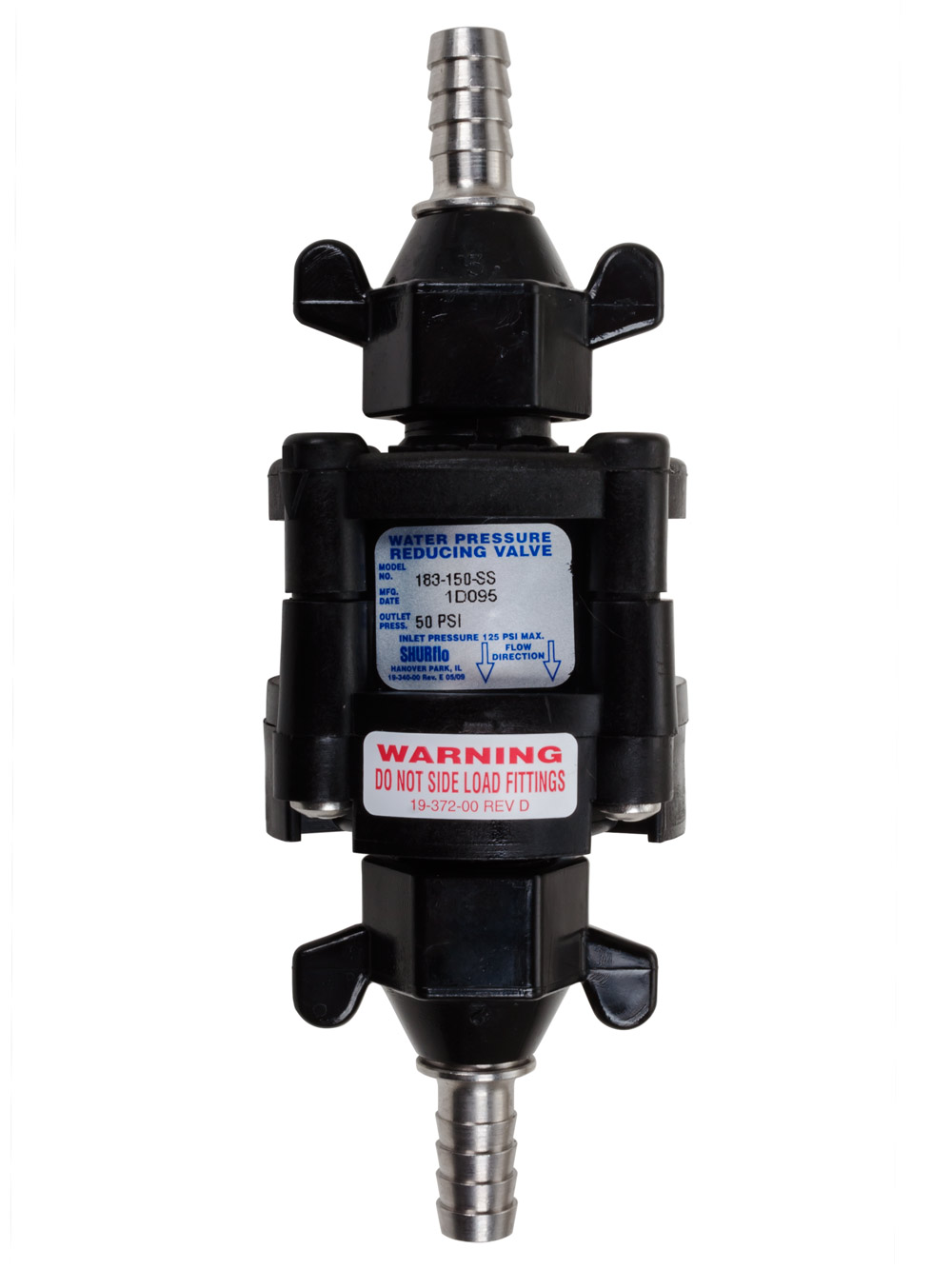


:max_bytes(150000):strip_icc()/the-men-s-hand-opens-the-ball-valve-on-the-collector-1006810456-5c5fc73fc9e77c000159c4af.jpg)


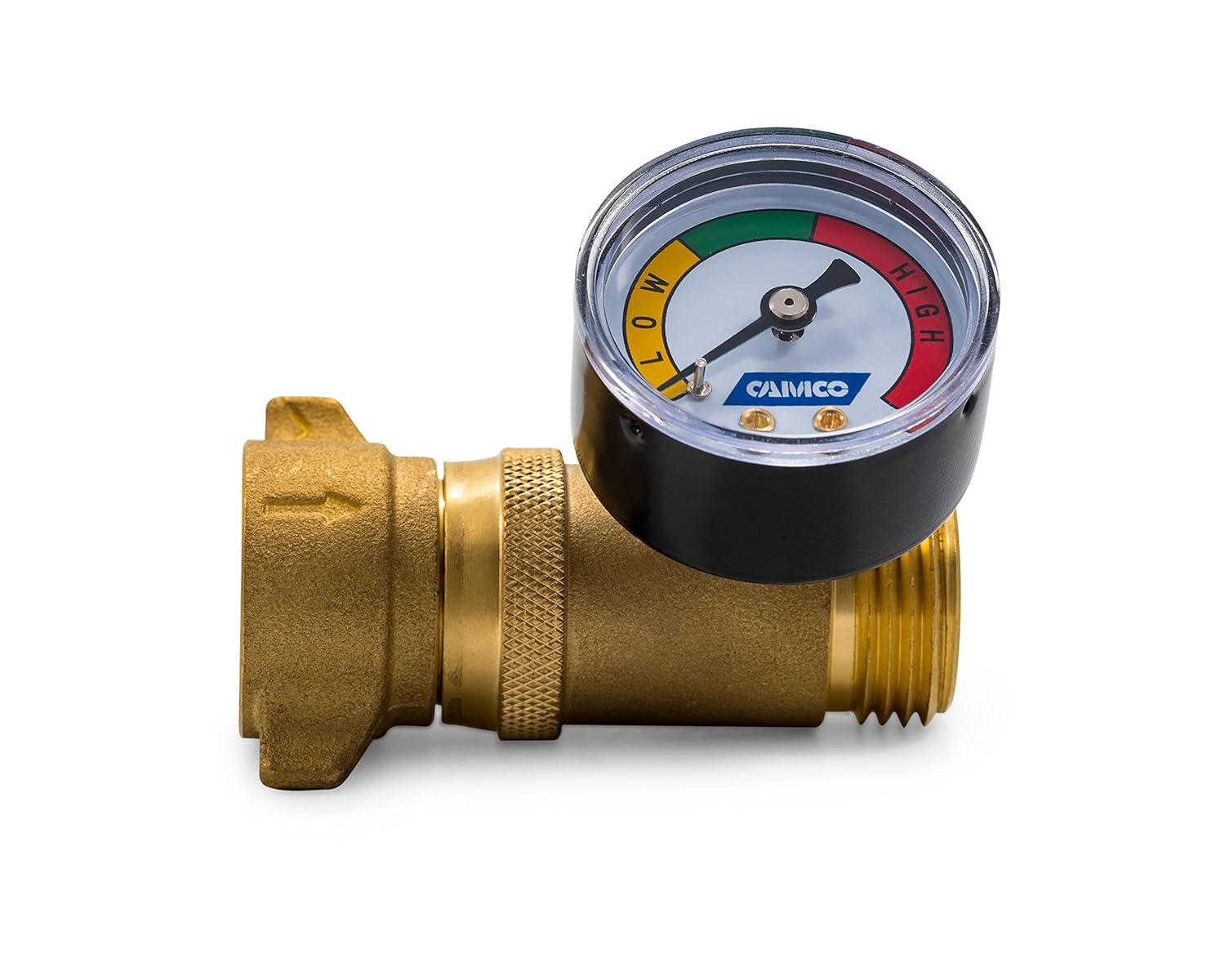


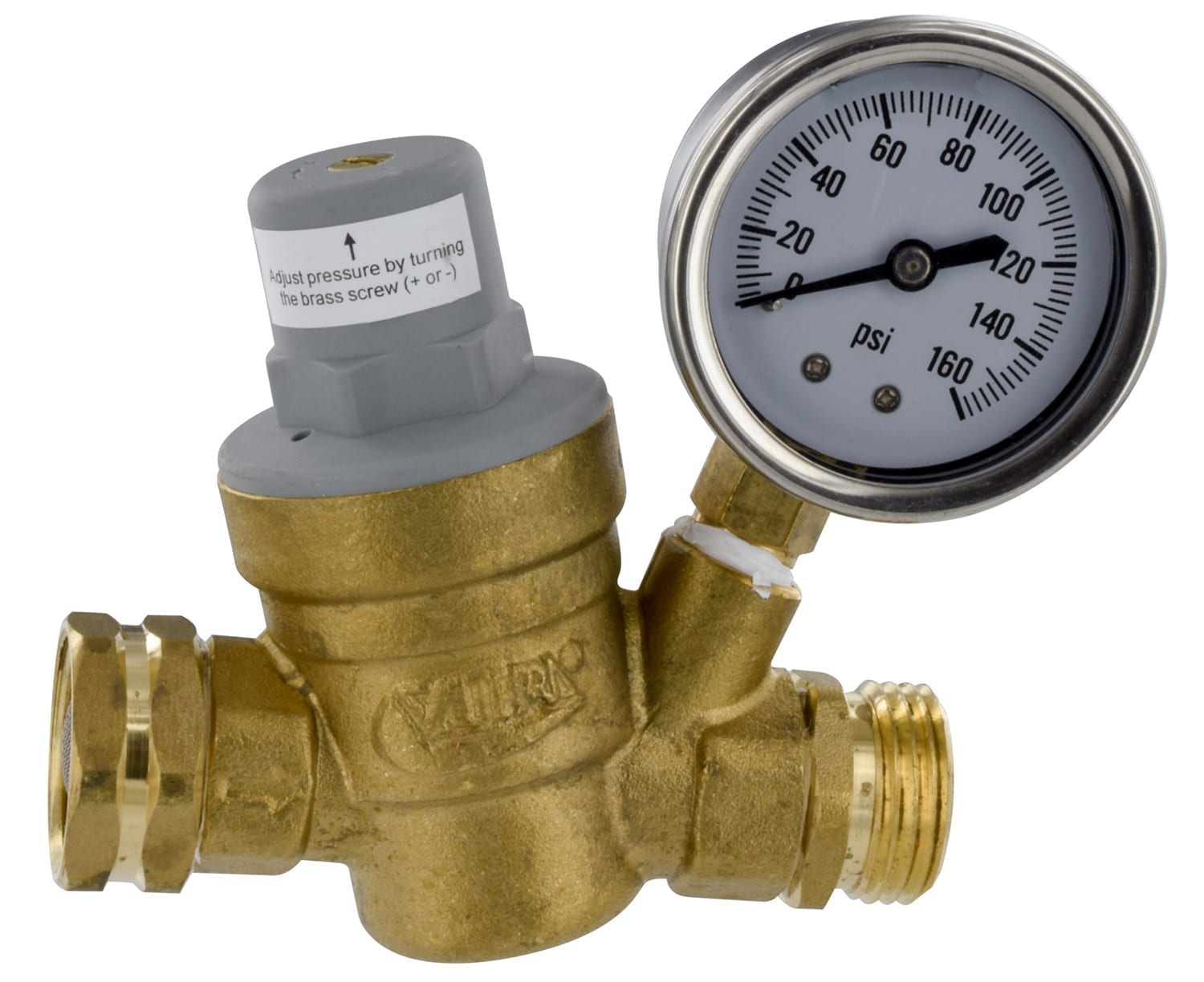
:max_bytes(150000):strip_icc()/testing-water-pressure-in-your-home-2718692-04-c37ab3236d0d4b61b87079ebf9ef823e.jpg)





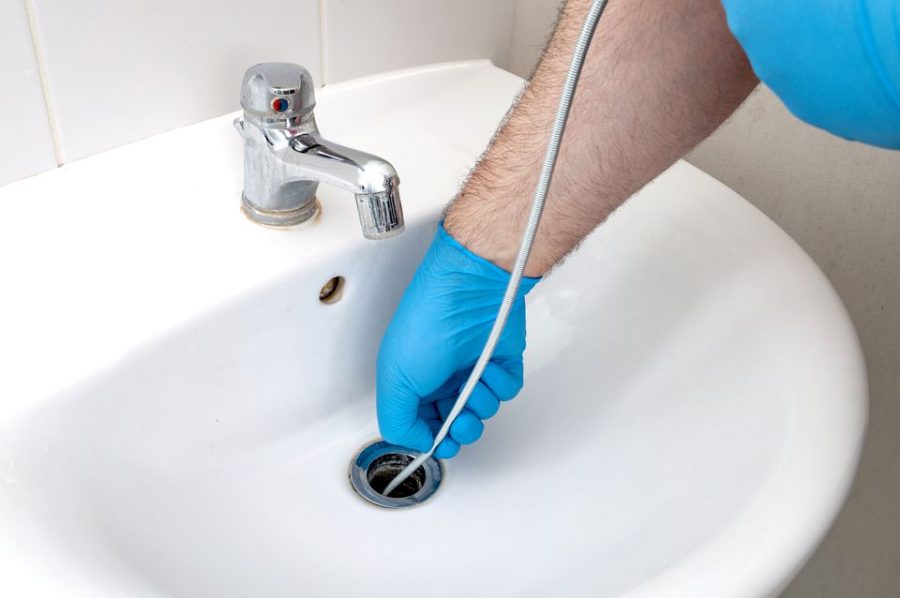
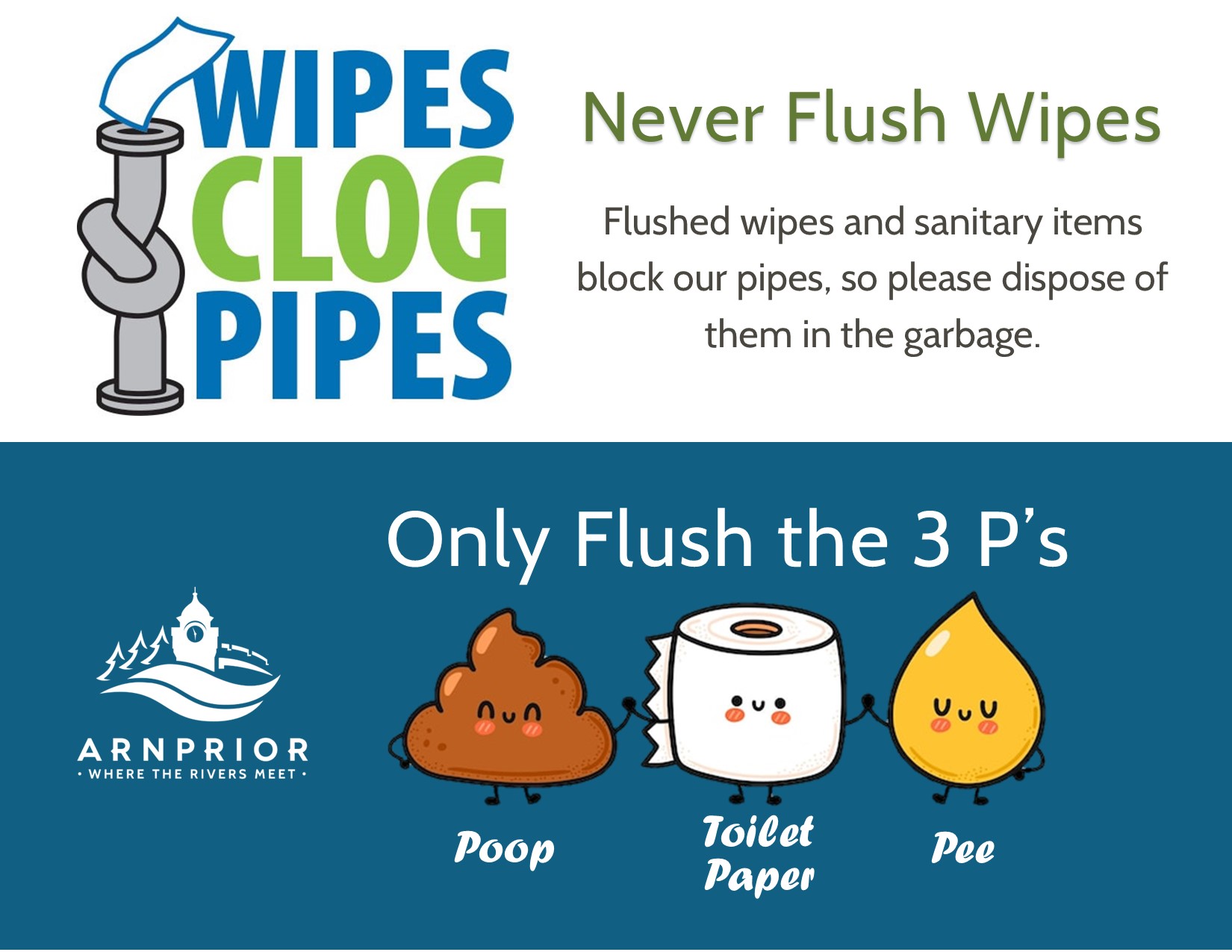





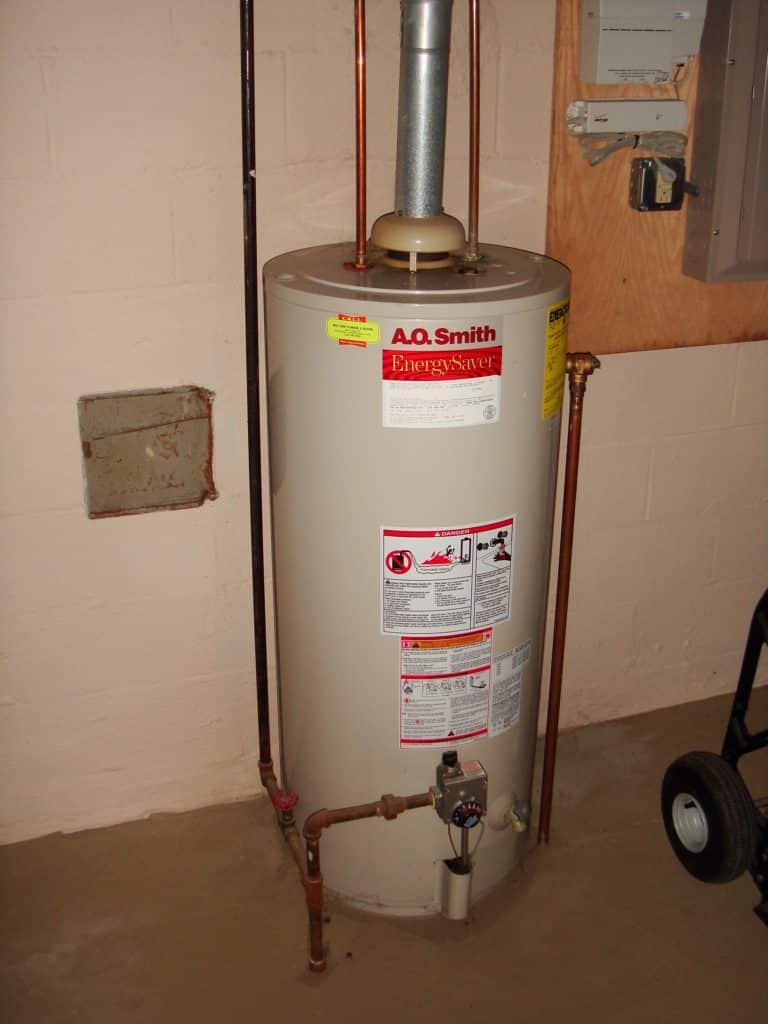

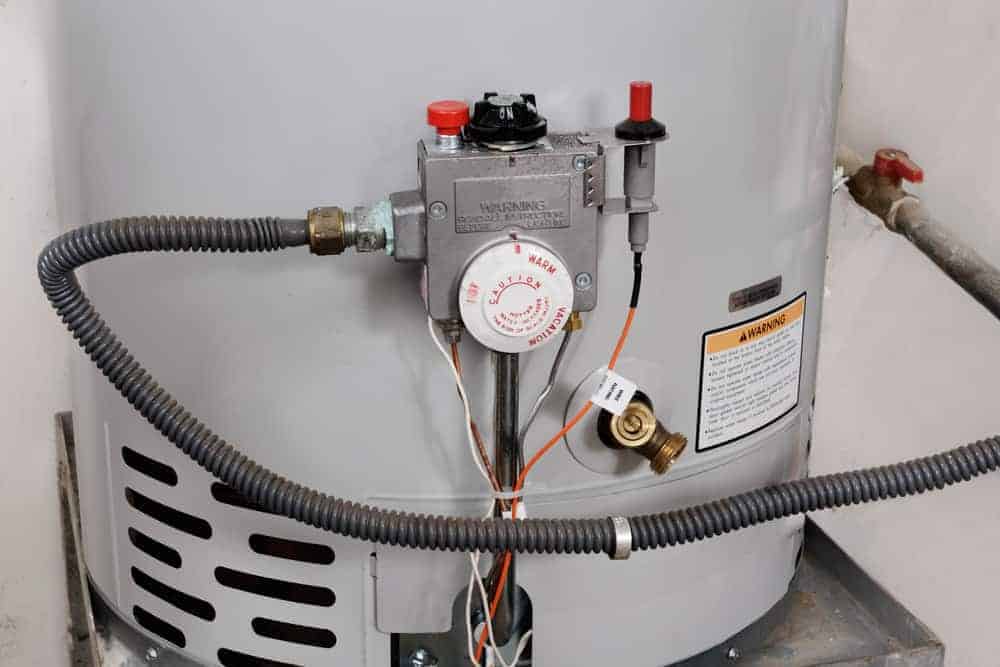
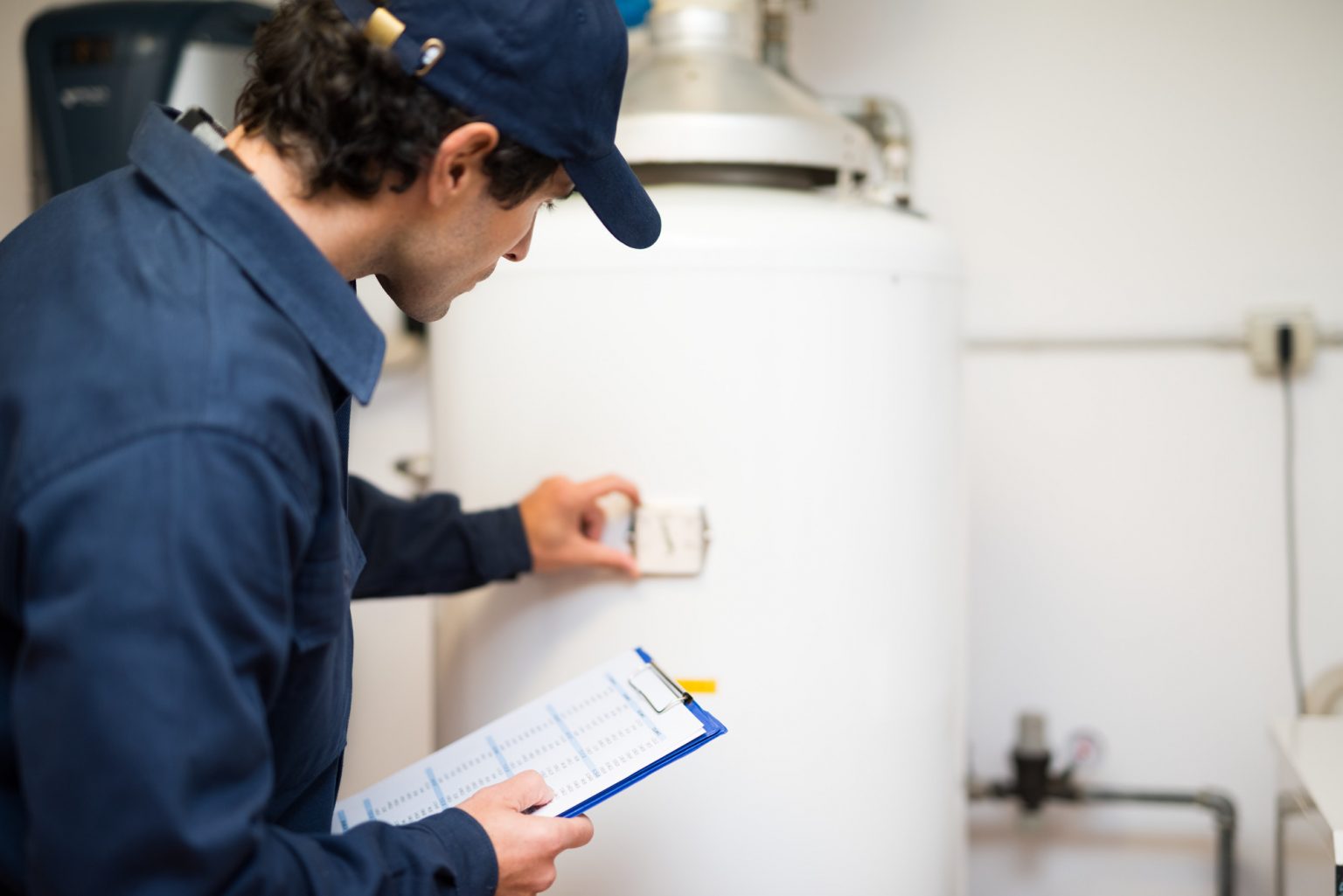
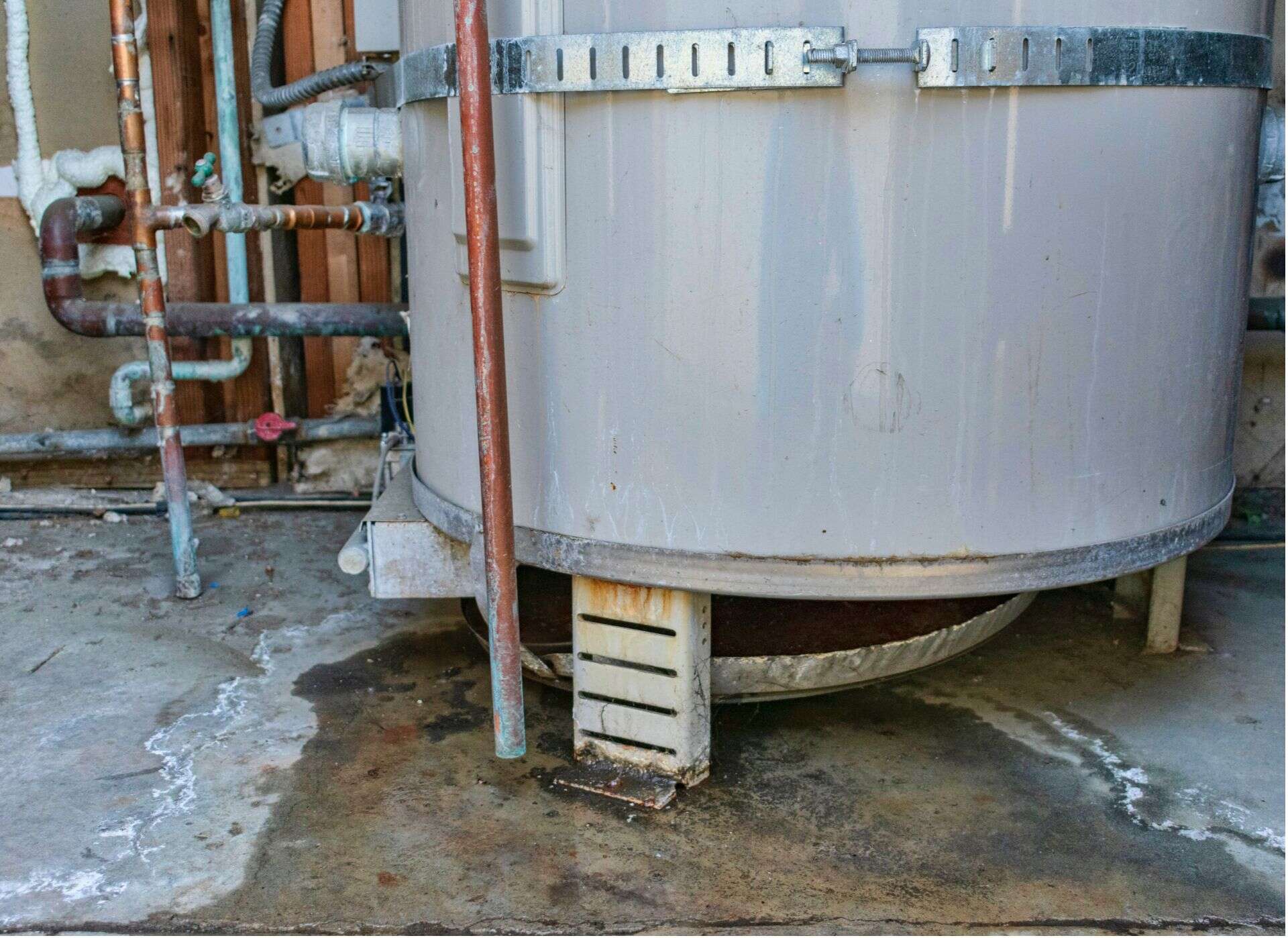




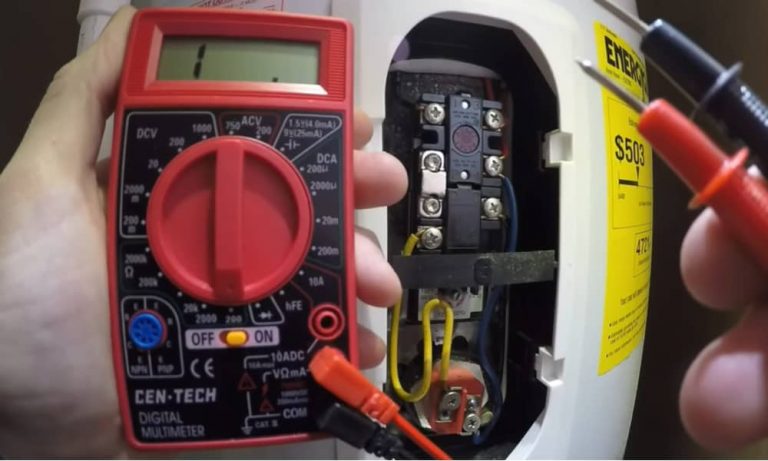



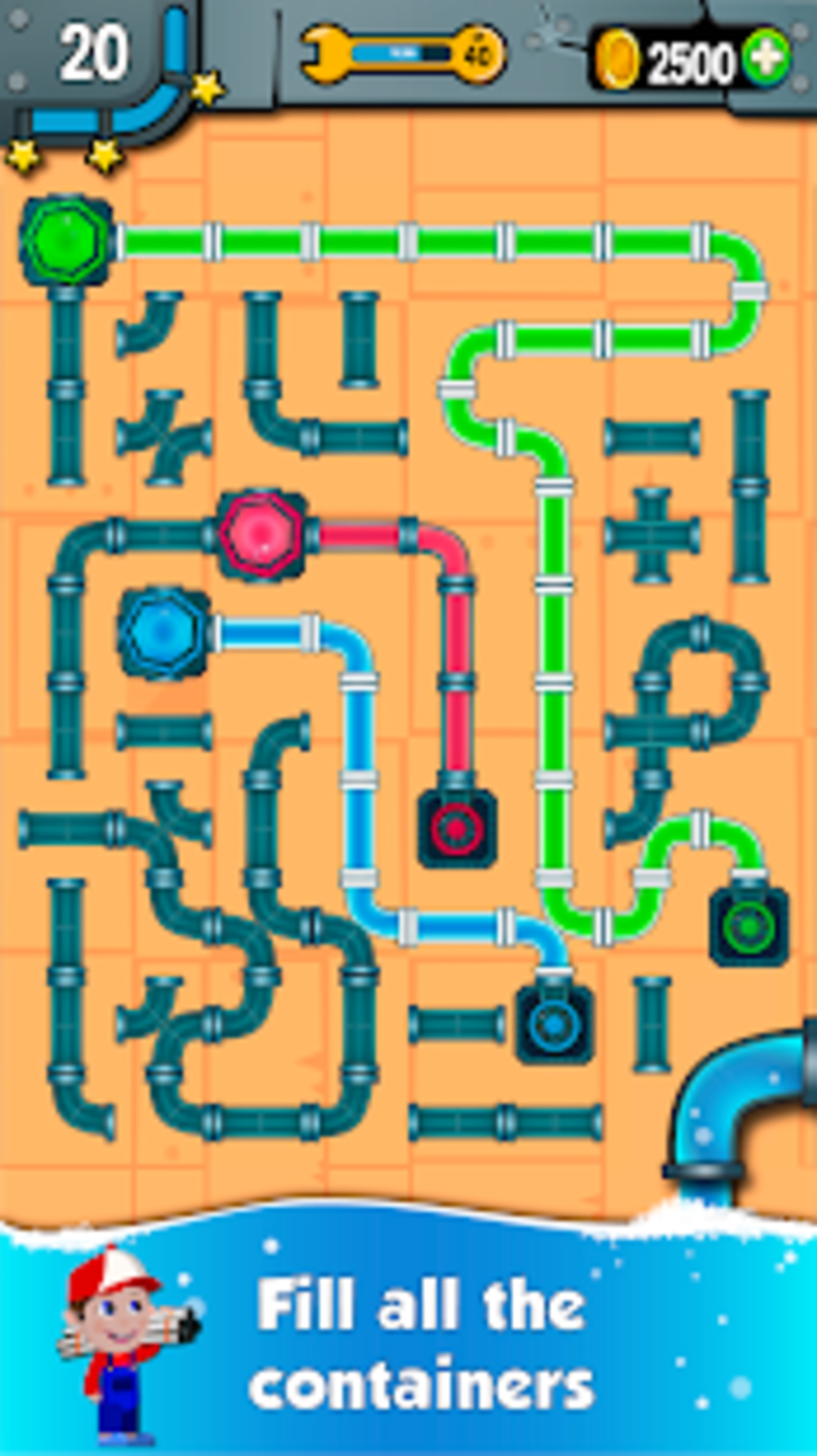

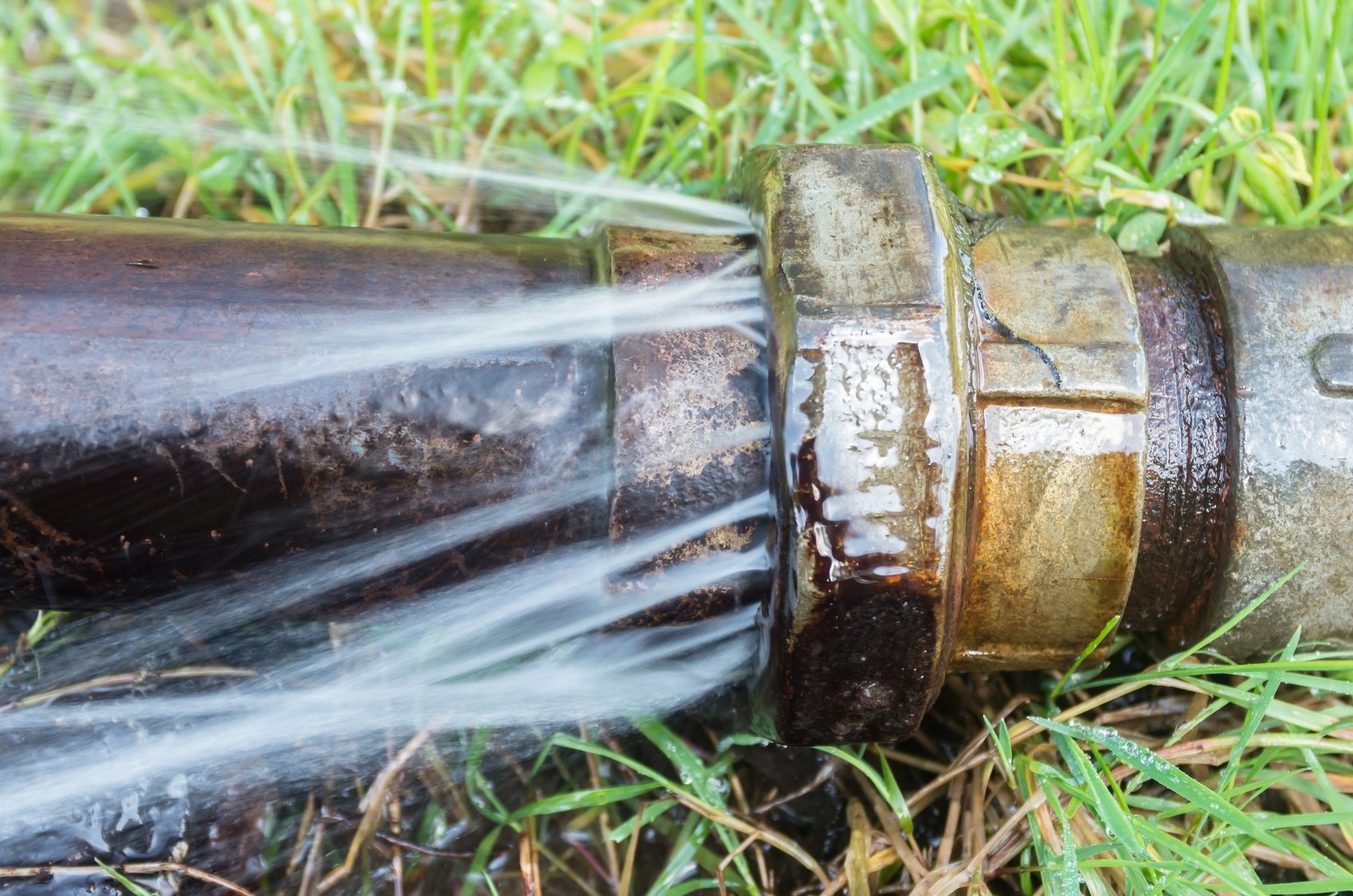
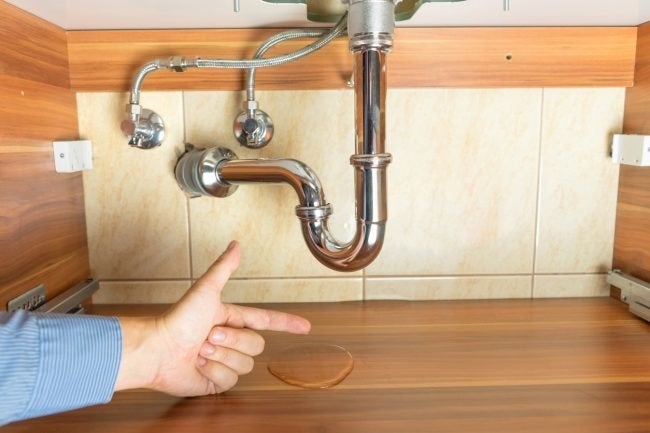


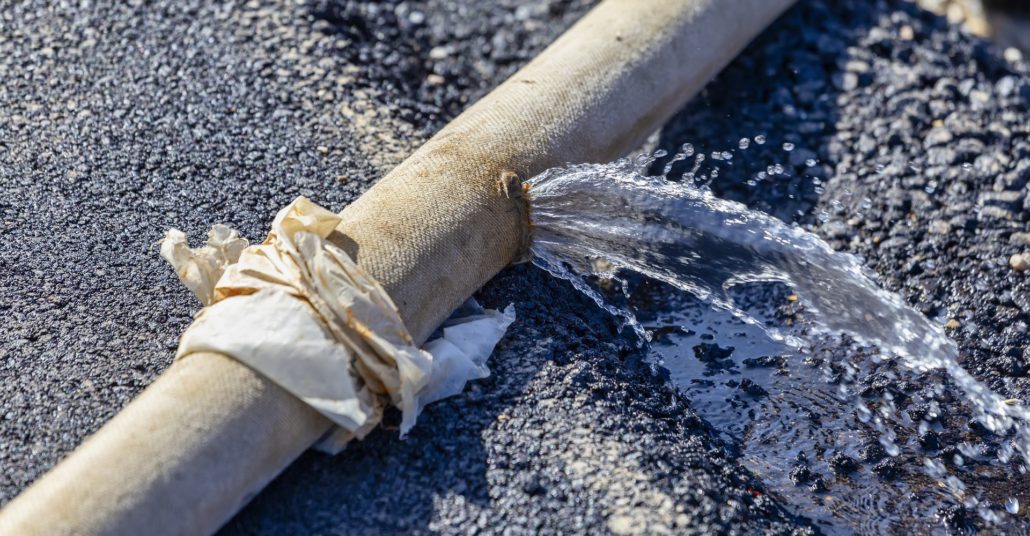
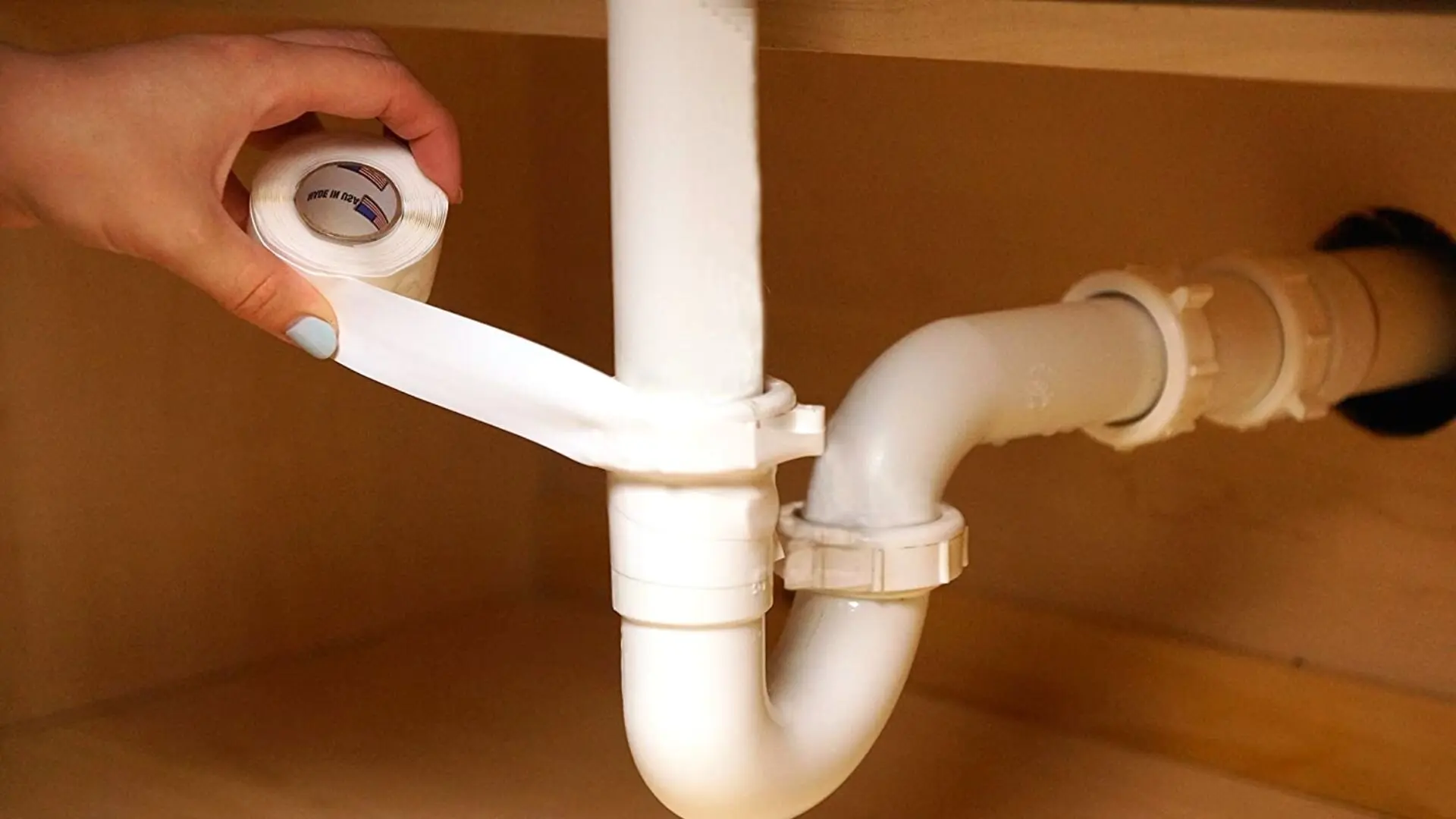




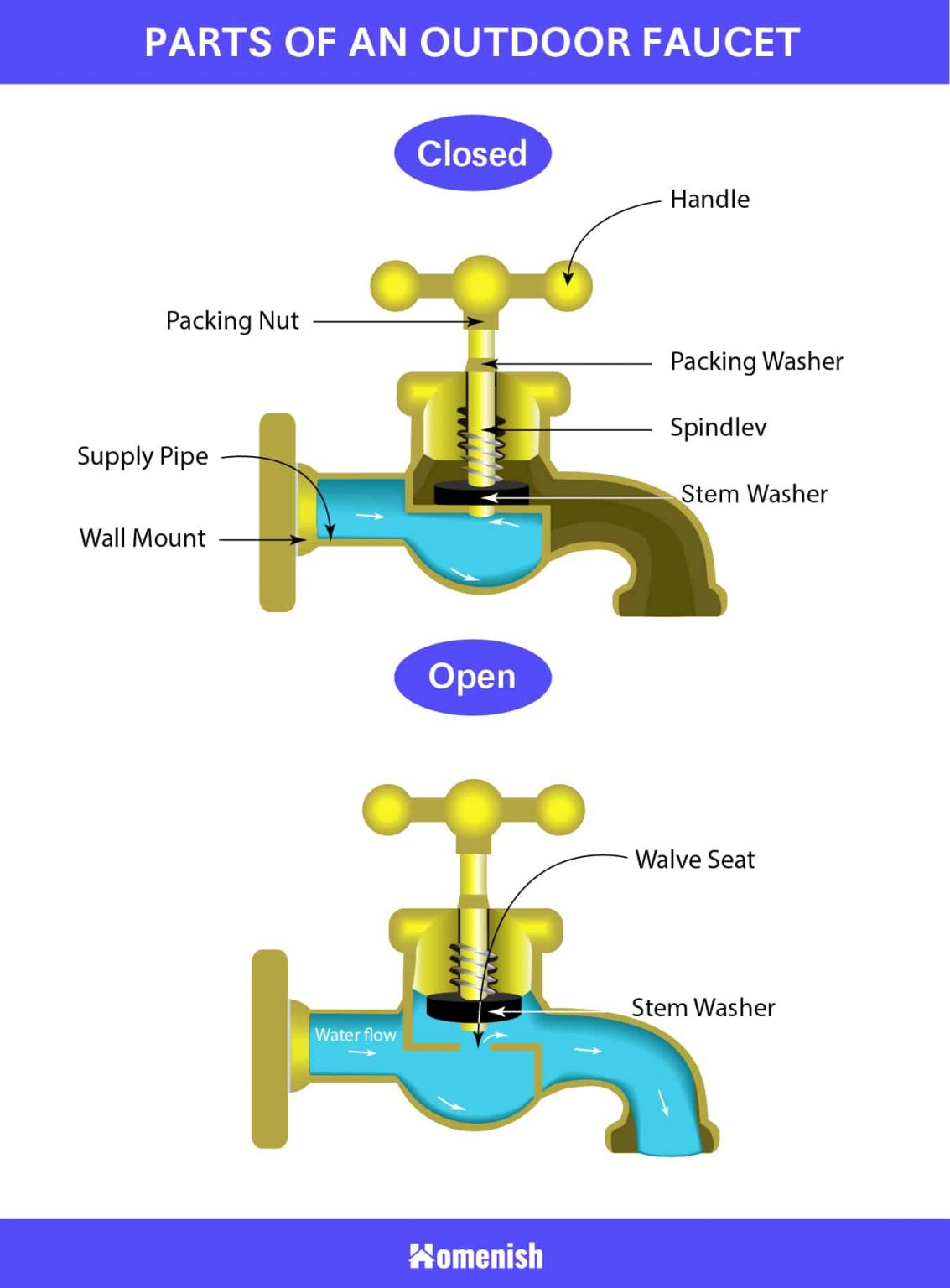
/testing-water-pressure-in-your-home-2718692-hero-98f45508ca5d44b6b551034ac5cedab5.jpg)










